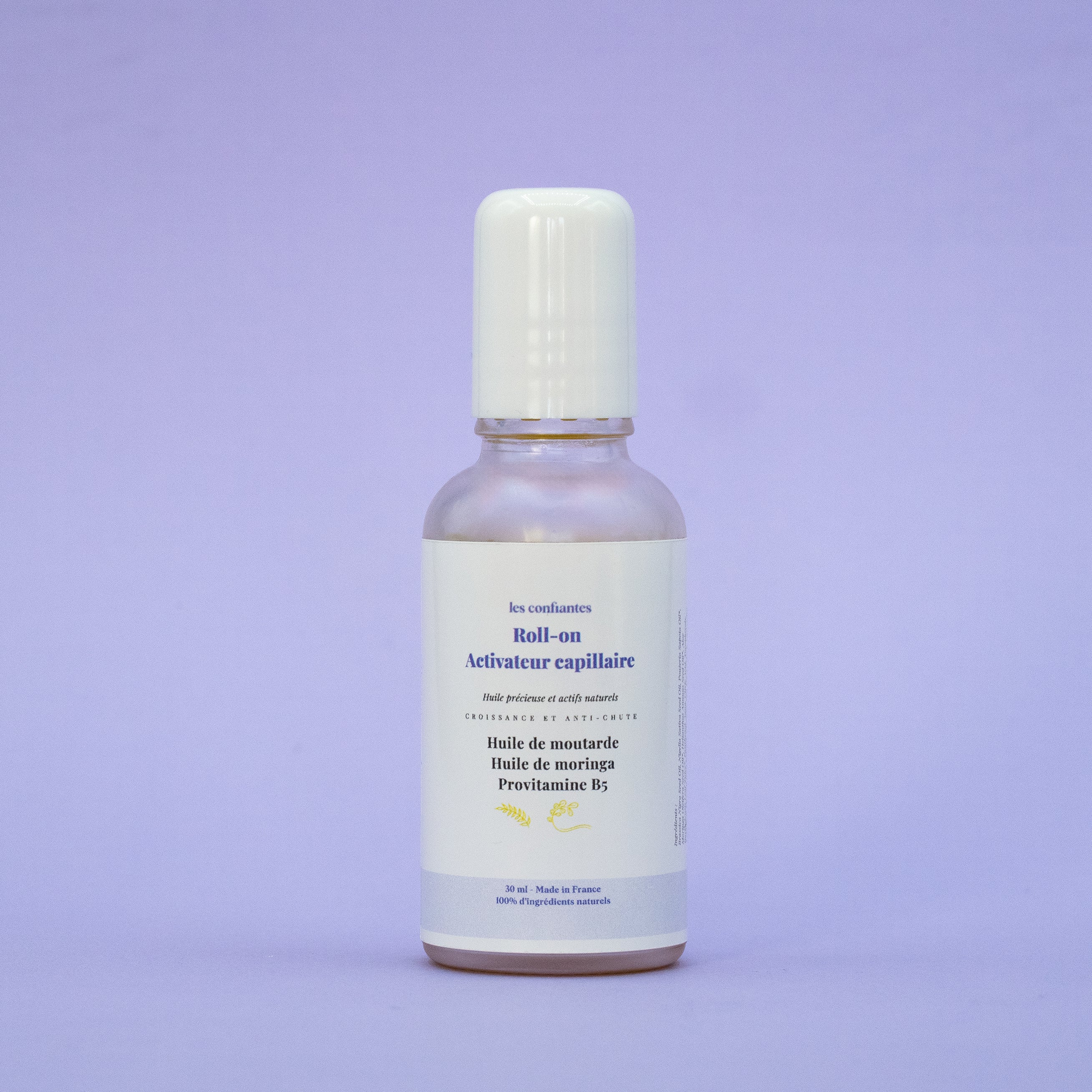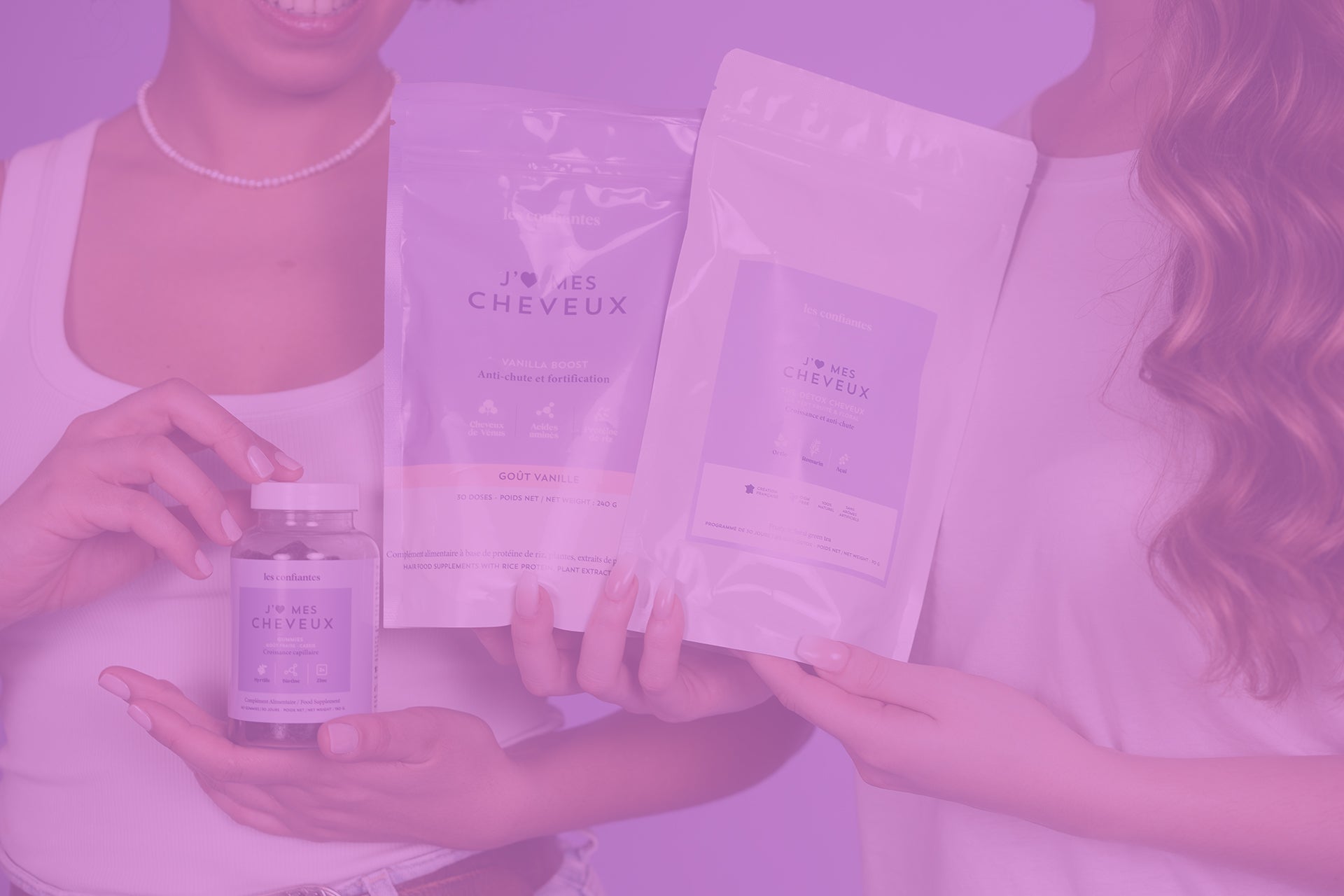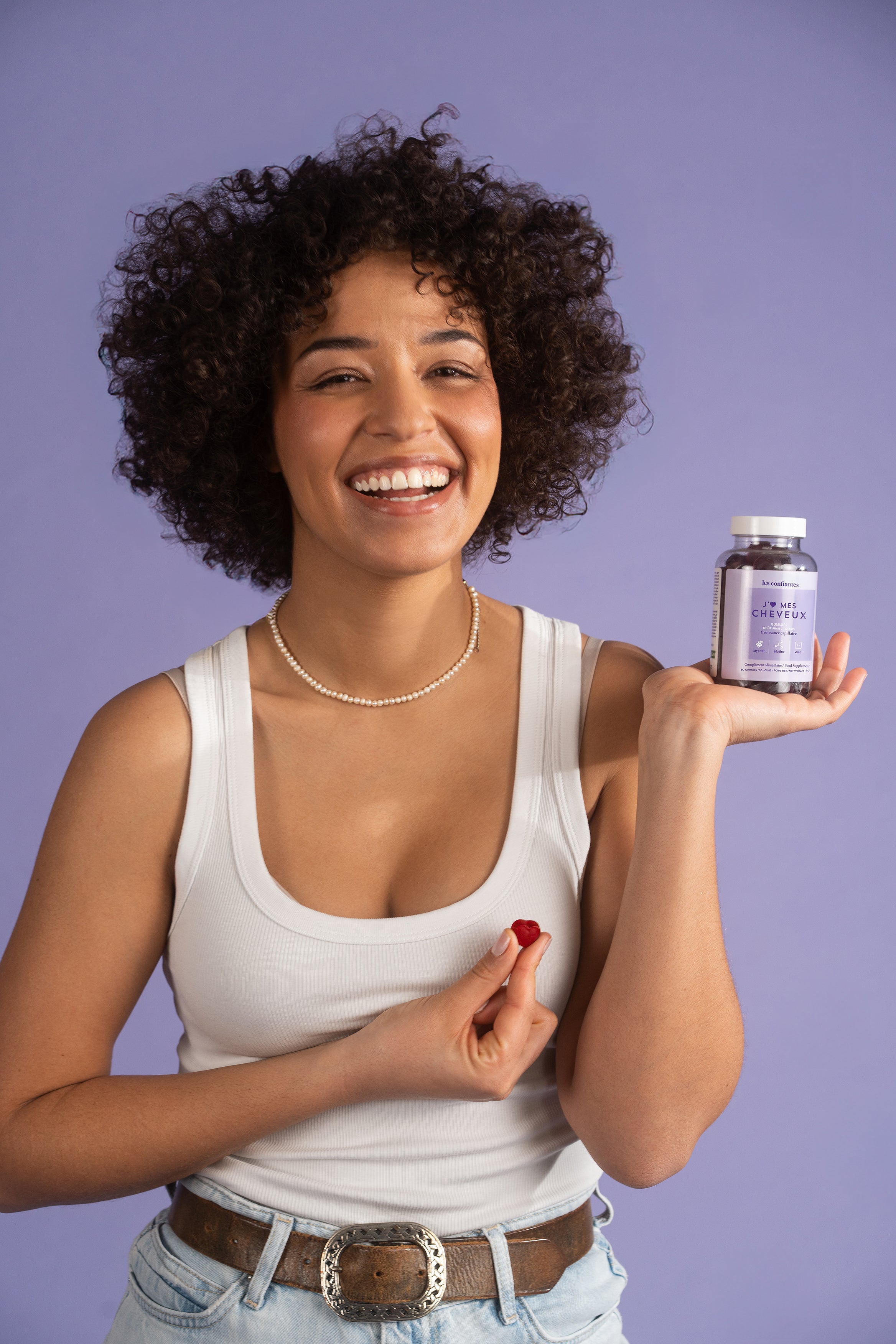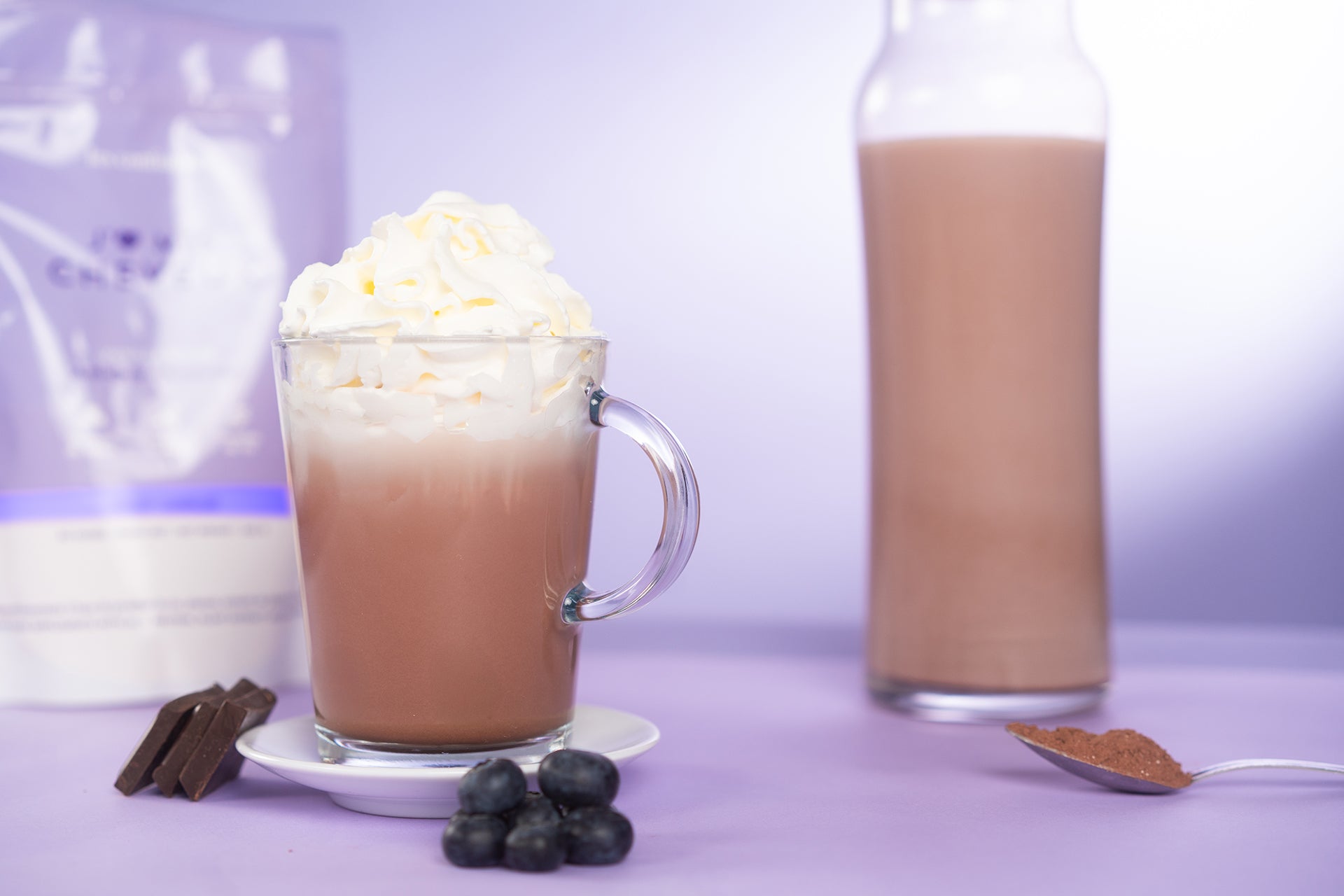Rocket

What is Arugula?
Arugula is a rustic salad that belongs to the cruciferous family, such as cabbage, watercress, turnips and radishes. Arugula is also a very refreshing slimming plant and much appreciated for its slightly peppery and mustardy taste. It is commonly used in food, in salads, in soups, in sauces or as decoration on pizzas!
Often recommended as part of a low-calorie diet, arugula also owes its reputation to its health benefits thanks to a low-calorie nutritional composition.
Where is Arugula found?
Rocket ID Card
- Origin: Mediterranean
- Season: May to November
- Green color
- Flavor: peppery
Arugula grows quickly and does not take up too much space, so it will be perfectly placed in the open space of the vegetable garden, especially between tomato and eggplant plants, in order to benefit from the shade of these summer plants before the end of life of these plants.
What are the benefits of arugula?
Its nutritional composition
Arugula is an important source of vitamin K, which is needed to make proteins that help blood clot and bone formation. It is also rich in vitamin B9, very useful for the normal functioning of cells and the nervous system.
In addition to being very low in calories, arugula is an excellent source of plant proteins and dietary fiber essential for intestinal functioning. It promotes transit and digestive health. Dietary fiber also provides a feeling of fullness and is an important part of a healthy diet.
Arugula stimulates hair growth and fights hair loss
Arugula is a real hair strengthener. It alone helps protect the fiber, making hair stronger, softer and less brittle.
It is a real ally for brittle, dry and damaged hair.
Arugula helps fight hair loss
Arugula is also known for its anti-hair loss properties. Used in cosmetics or in food, this plant helps to slow down hair loss, while providing softness, shine and vigor.
Anti-cancer
Arugula is considered to have an aphrodisiac effect, but it is mainly its protective effect against cancer that arouses the interest of most consumers concerned about their own health. Arugula leaves contain lutein and β-carotene, these two types of carotene, as well as flavonoids, the best known being quercetin.
Due to the antioxidant properties of quercetin, eating foods containing quercetin may reduce the risk of cancer.













